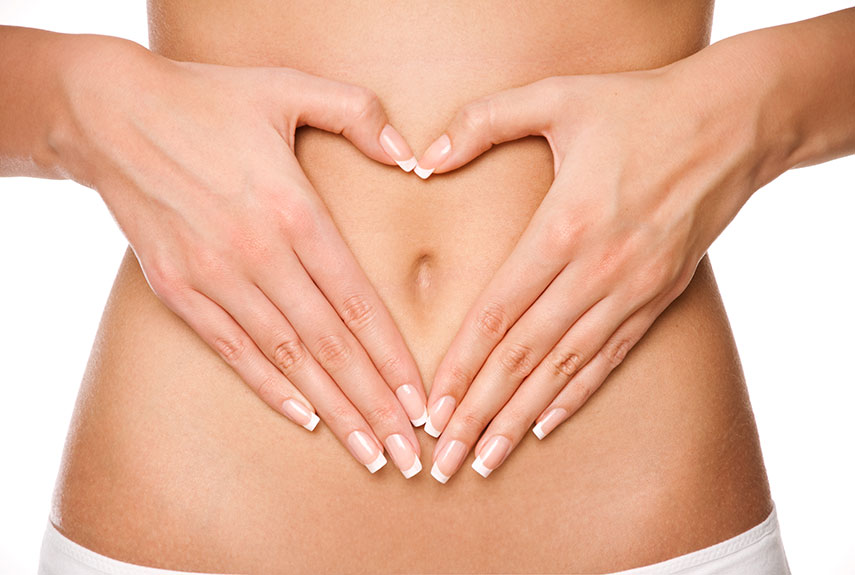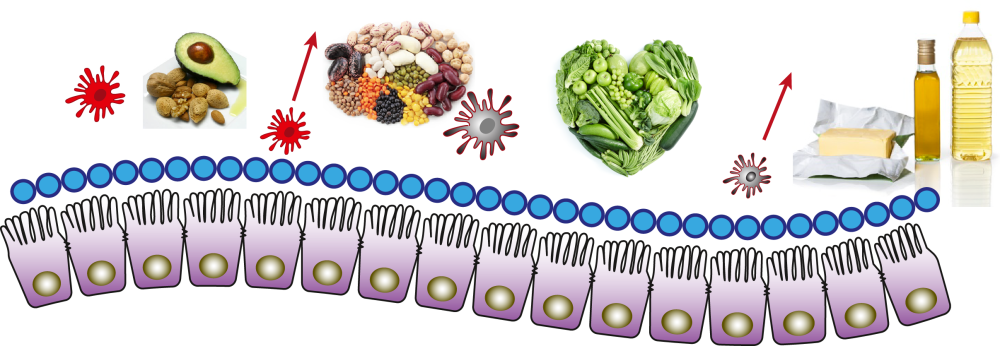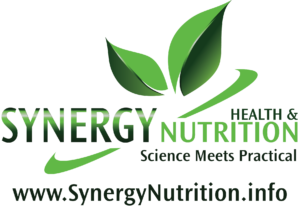Many people believe we are controlled by some 20-25,000 genes in our DNA, the genetic blueprint in each of us, the human genome that since 2003 is completely mapped out. But in each of us is a second genome, another piece of the “how our bodies work” mystery.
Close one door and open a new set of questions
 The last two decades have brought an avalanche of studies into the human microbiome: colonies of some 30 trillion probiotic bacterial cells that reside in our digestive tracts, on our skin, in our airways, and even in our eyes—naturally and healthfully—and which support a vast array of functions vital to our physical and emotional health.
The last two decades have brought an avalanche of studies into the human microbiome: colonies of some 30 trillion probiotic bacterial cells that reside in our digestive tracts, on our skin, in our airways, and even in our eyes—naturally and healthfully—and which support a vast array of functions vital to our physical and emotional health.
One of these, the gut microbiome, is so important to human health that it’s sometimes called a “second genome” or extra organ. Having an unhealthy gut robs happiness and affects other aspects of health.
The “bugs” in your gut play a role in everyday health
From depression to heart attacks to Alzheimer’s, cravings for sugary soda, a love of dark chocolate, those butterflies in the stomach when you fall in love or that sinking feeling when you get bad news; your gut, your health and your emotions are inseparable.
Lining your gut from your chest to the end of your colon is a network of nerve cells. Neurotransmitters and electrolytes zap messages along these nerve cells. This complex circuitry enables your gut to, as the saying goes, produce gut feelings. It can even learn and remember, just like the mind.
But this chain of communication doesn’t just control digestion. It also sends messages to your brain and you send messages to it. It goes both ways, giving and receiving.
Your second brain
Surprisingly, your gut’s nervous system communication uses the same neurotransmitters as the brain. In fact, at least 90 percent of your body’s serotonin—best known as the “feel-good” molecule involved in happiness and regulating sleep, appetite, body temperature, and even bone growth—is in your gut.
In the brain, dopamine is a signaling molecule associated with pleasure and reward. Dopamine is a signaling molecule in the gut too, transmitting messages between nerve cells that coordinate muscle contraction, for example.
But these chemicals are not the be-all and end-all when it comes to depression. Many factors affect happiness including very real life upsets, nutritional deficiencies, and even accumulated toxic chemicals.
And all these factors affect some 3000 probiotic bacterial strains in your gut; some of which “tell” the cells in your digestive tract to make more serotonin, or to produce natural pain relievers, or even to make compounds similar to benzodiazepine, a drug that relieves anxiety. It turns out that some of these bacteria activate thyroid hormone, others make other hormones for us.
And while it is not thought that gut neurotransmitters cross the blood-brain barrier, the largest nerve “highway” in your body—the vagus nerve—takes the messages from your gut and delivers them promptly and speedily to the brain for your consideration and response.
“Dysbiosis,” depression, obesity Oh my!
The bacterial strains in our gut should each be in “the Goldilocks zone”—not too many, not too few, but just right. Any imbalance is called “dysbiosis” and is a root of much human suffering. Too many of one family and too few of another confers higher risk of depression, obesity, gastrointestinal disorders, allergies, asthma and even cancer.
But most of us don’t keep our probiotic gut flora very happy. We eat too many pre-made sugary starchy foods; seed oils like soy, corn, canola; and all preserved and food colored with chemicals. We don’t eat enough healthy fats or cooked vegetables. Most commercial meats are sourced from feedlots that inject antibiotics, hormones and feed grain mixes designed to fatten animals in one-third the time much of which is processed into hot-dogs or lunch ham.
As we slowly kill our “good” bacteria, we get symptoms and then take medications that further the imbalance.
Dysbiosis means there are a higher number of “bad guys” living there and you’ve lost too many of the probiotic “good guys” that protect and participate in your health. These bad guys are doing their bacterial thing, metabolizing and fermenting. They are creating toxic gases (bloating… social embarrassment…) and, if left unchecked, this creates an inflammatory fire in the gut that has ripple effects all the way up to the brain in the form of altered neurotransmitters, altered immune function, oxidative stress in the brain, and a variety of symptoms ranging from anxiety and depression to brain fog to autoimmune diseases.
On the other hand, a healthy, robust probiotic-rich microbiome protects the lining of your intestine and keeps the immune system balanced—and you in a better mood.
Diverse probiotic gut flora makes a happier body and mind.
The good news is that the microbiome can quickly be changed for the better, even after years of poor nutrition, infection, antibiotics or just the subtle and nefarious effects of living in the world we do. Research shows that diet-induced changes in the gut flora begin in as little as 72 hours.
 Get instant gratification with these 7 quick and easy tips:
Get instant gratification with these 7 quick and easy tips:
- Eat a variety of vegetables and fruits: Eat for three hundred trillion. Being mindful of any known sensitivities, eat plenty of cooked vegetables and seasonal local fruits.
- Eat fermented foods: Reinocculate with healthy, beneficial, probiotic bacteria. But read the labels, if they are made with added sugars (kombucha, most yogurts) put them back.
- Switch to humanely raised, pastured or wild-caught meats, eggs and fish: While reducing the inflammatory chemicals in your gut these are much higher in the healthy fats, folate and B12 that you need.
- Use antibiotics and medications judiciously: These indiscriminate killers of bacteria are alone capable of altering your gut. If you must use antibiotics, also eat cultured foods. Seek out health professionals who can help naturally rebalance your system.
- Consider a shower filter: Chlorine is a a nerve cell toxin and major antibacterial compound. You get more from your eight-minute hot shower than your drinking water.
- Ditch antibacterial soaps and washes, especially Triclosan: You also have a natural skin microbiome. It’s dysbiosis is linked with environmental allergies, asthma and eczema. Wash those hands with castille soap and water.






